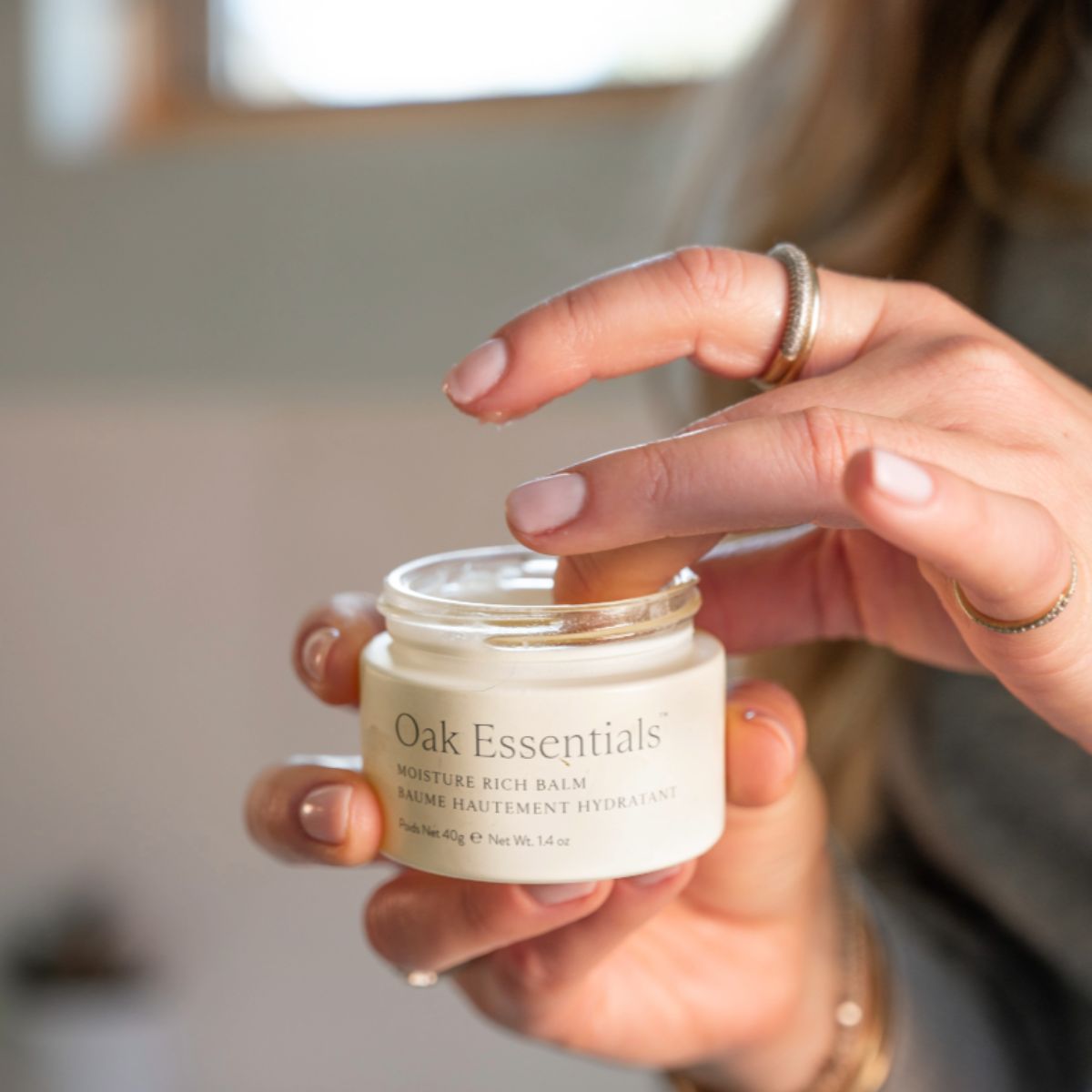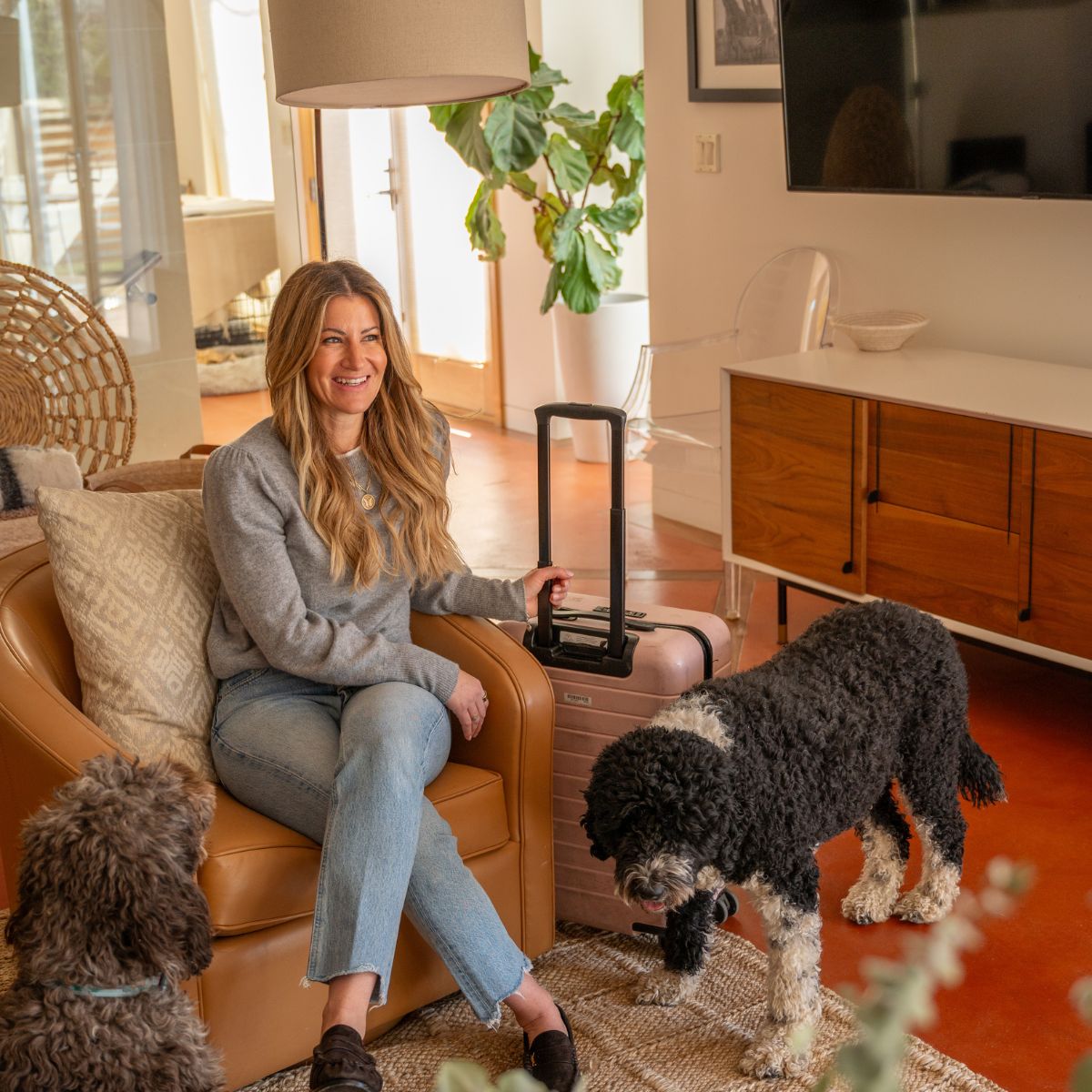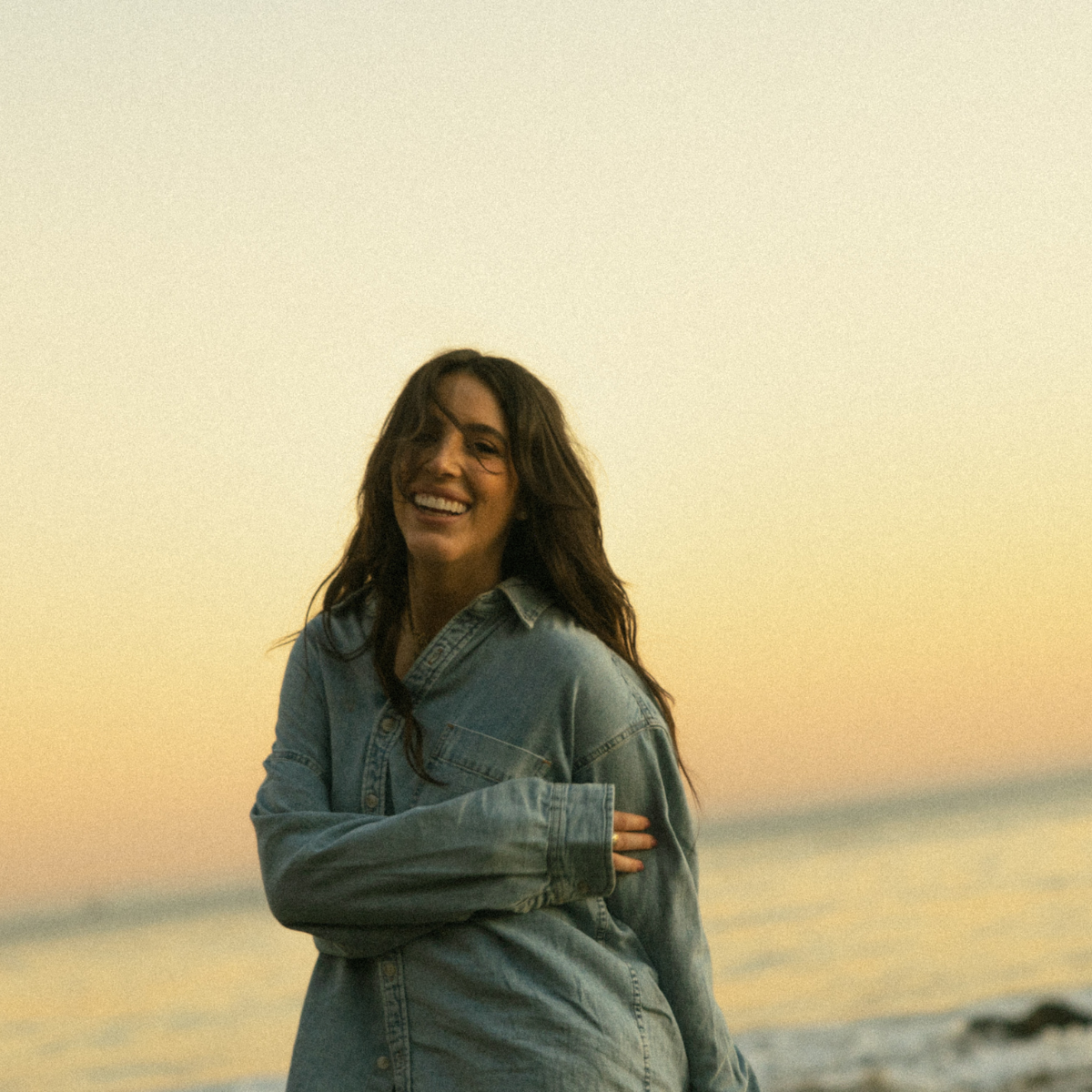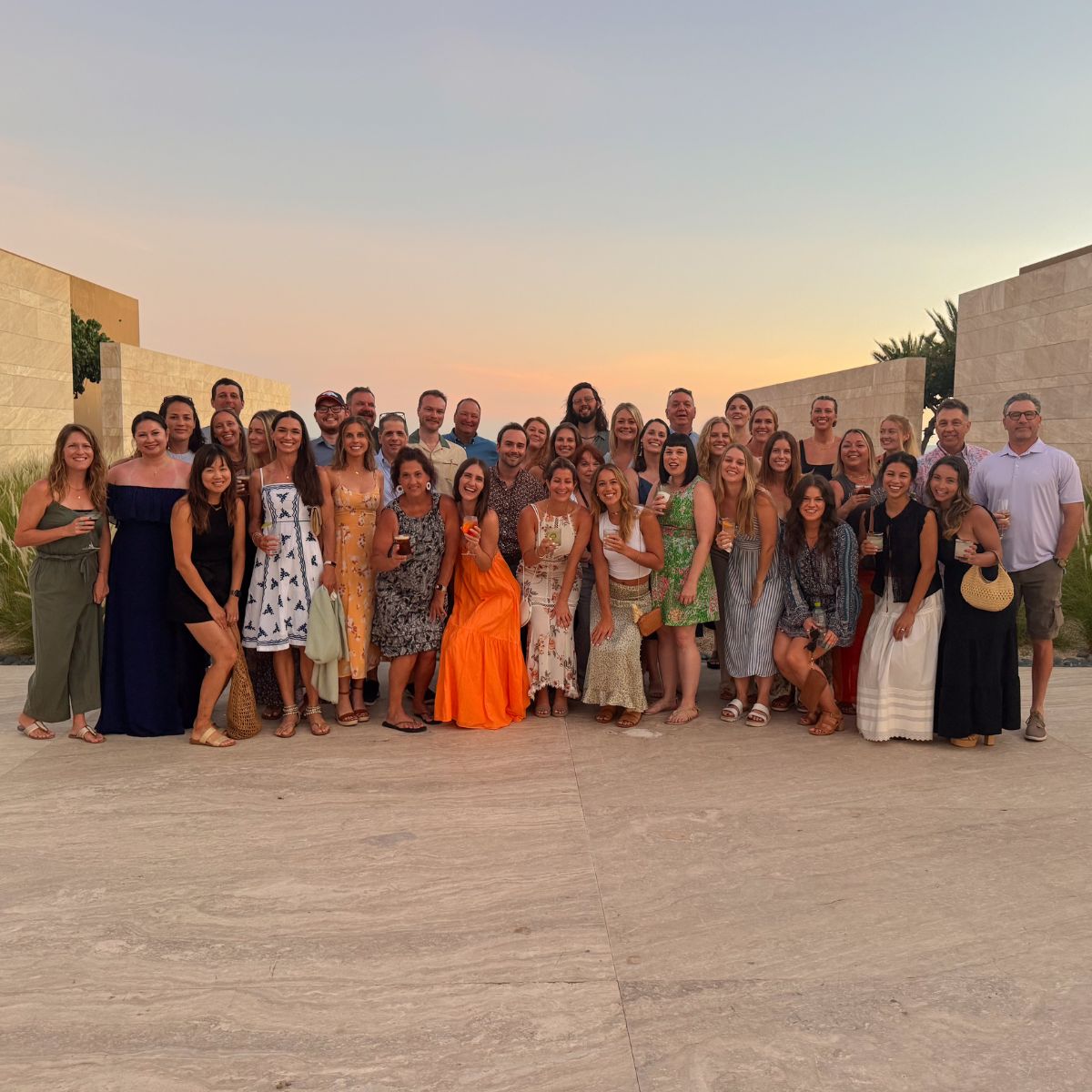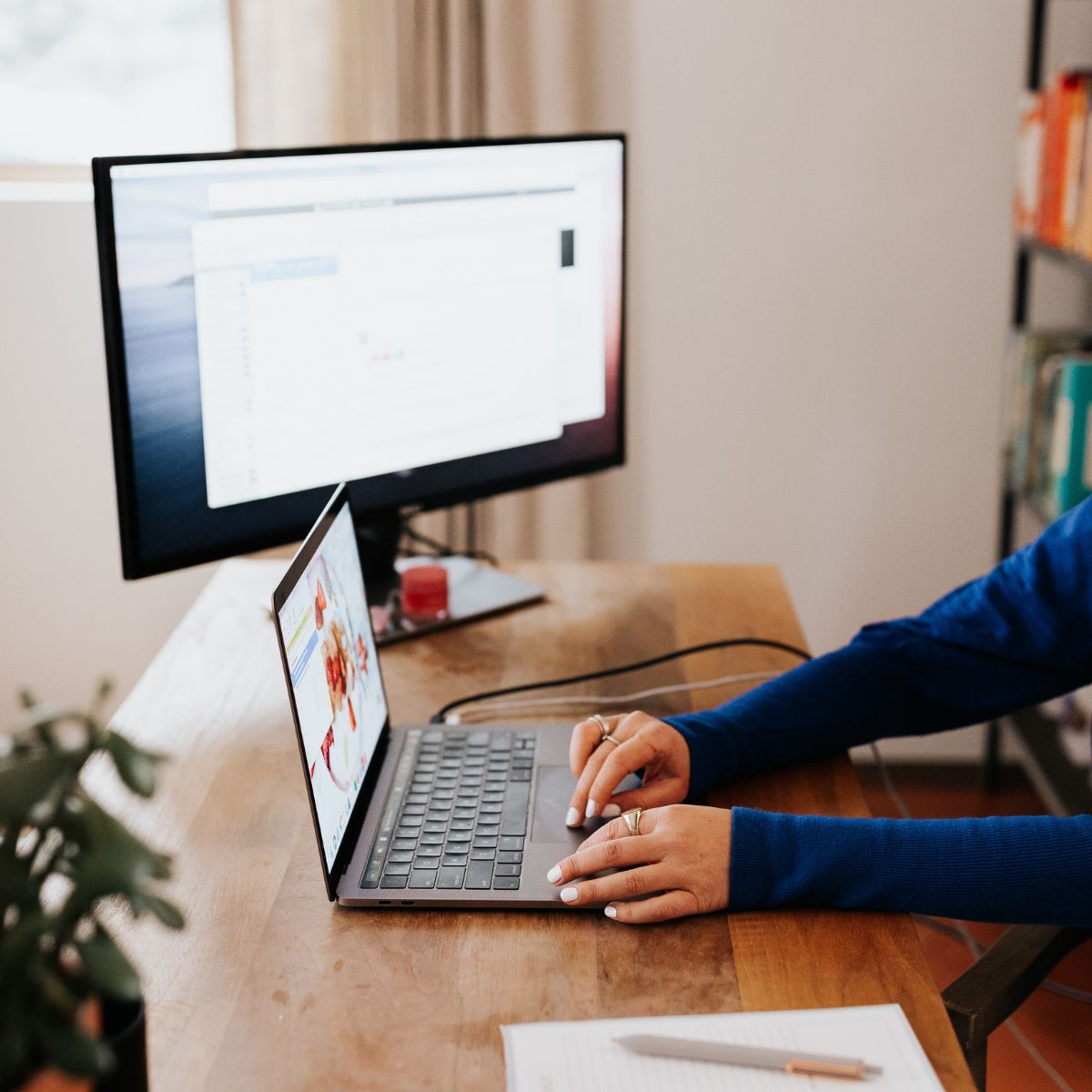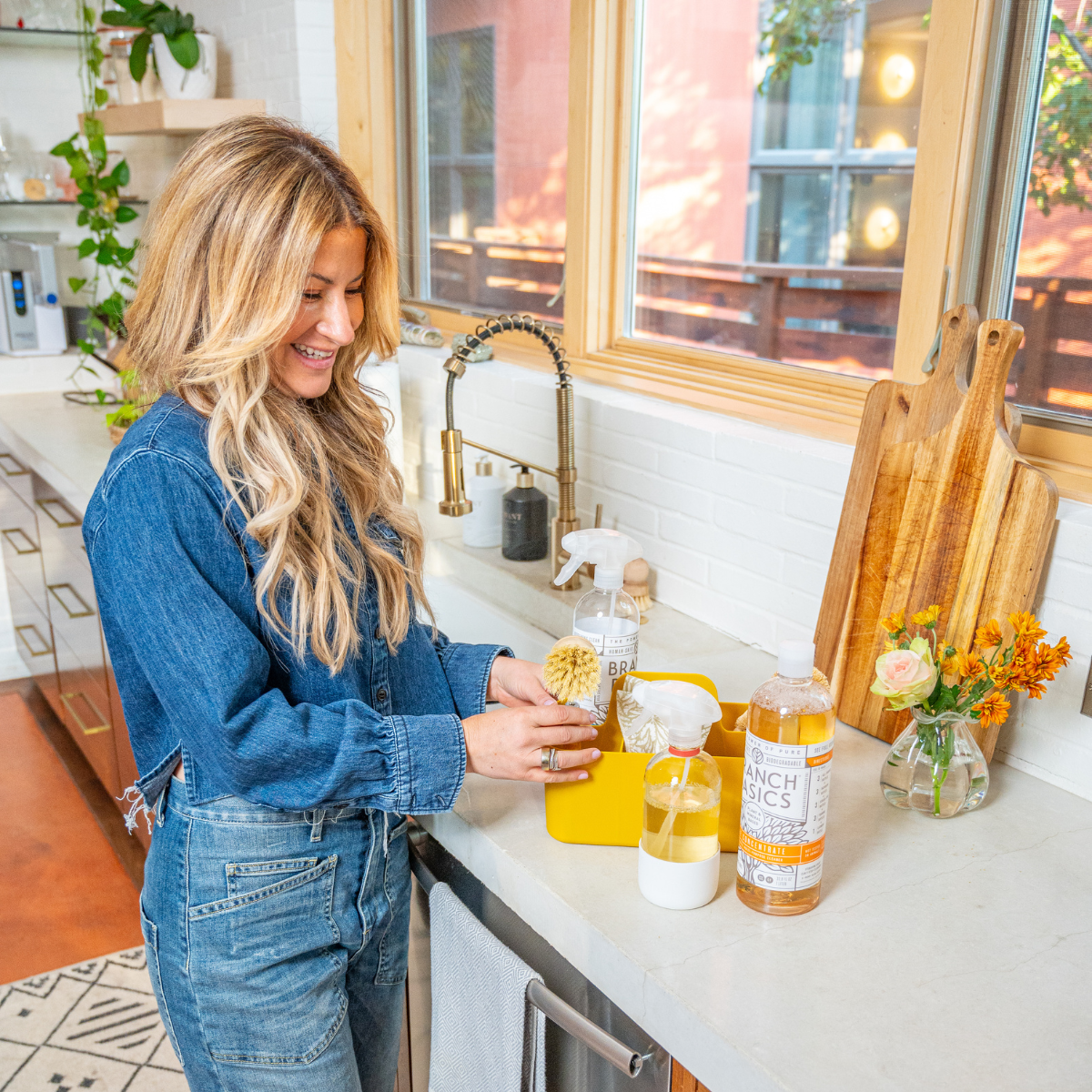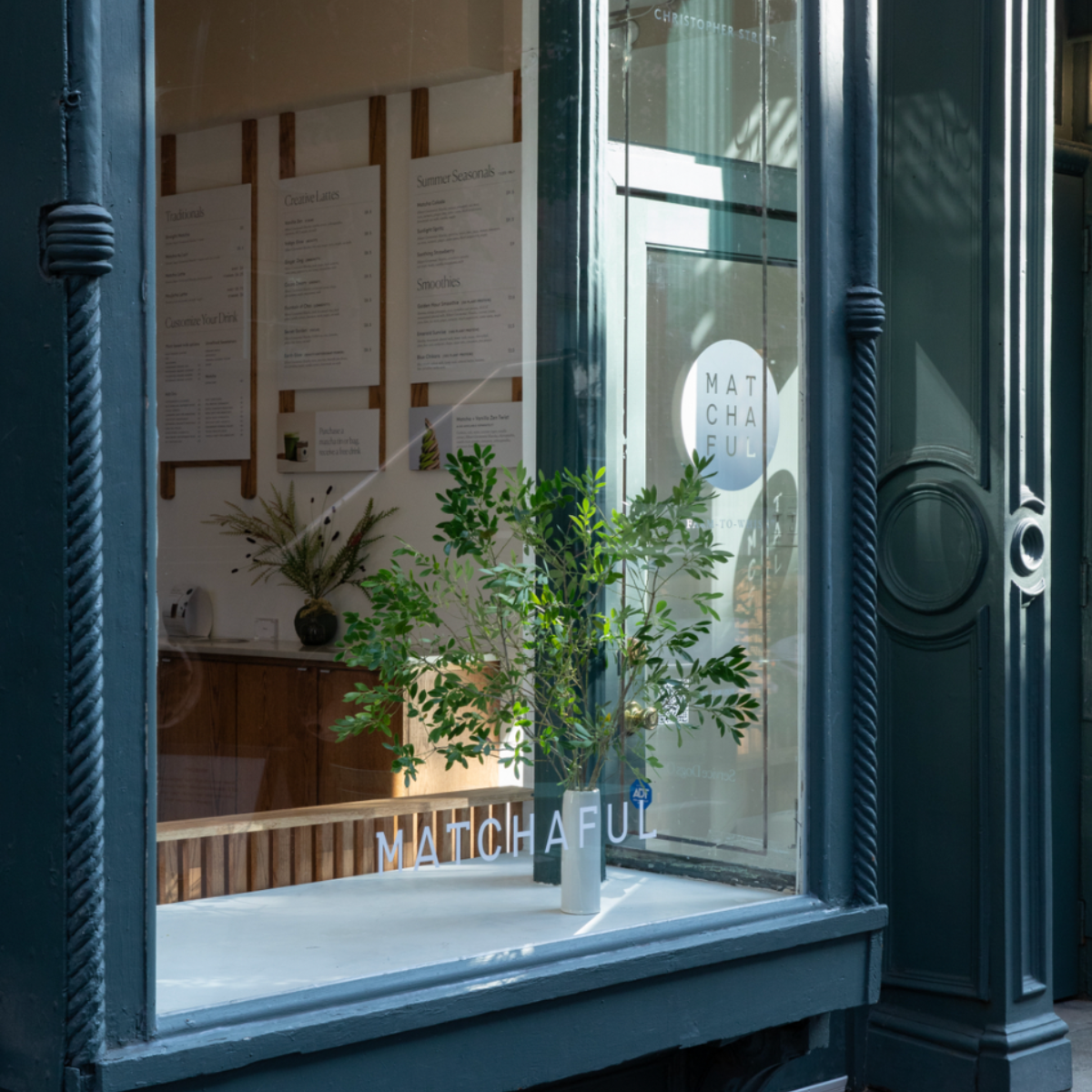Podcast
The New Way to Vision Board and Pursuing Your Passion
with Patrick Drake
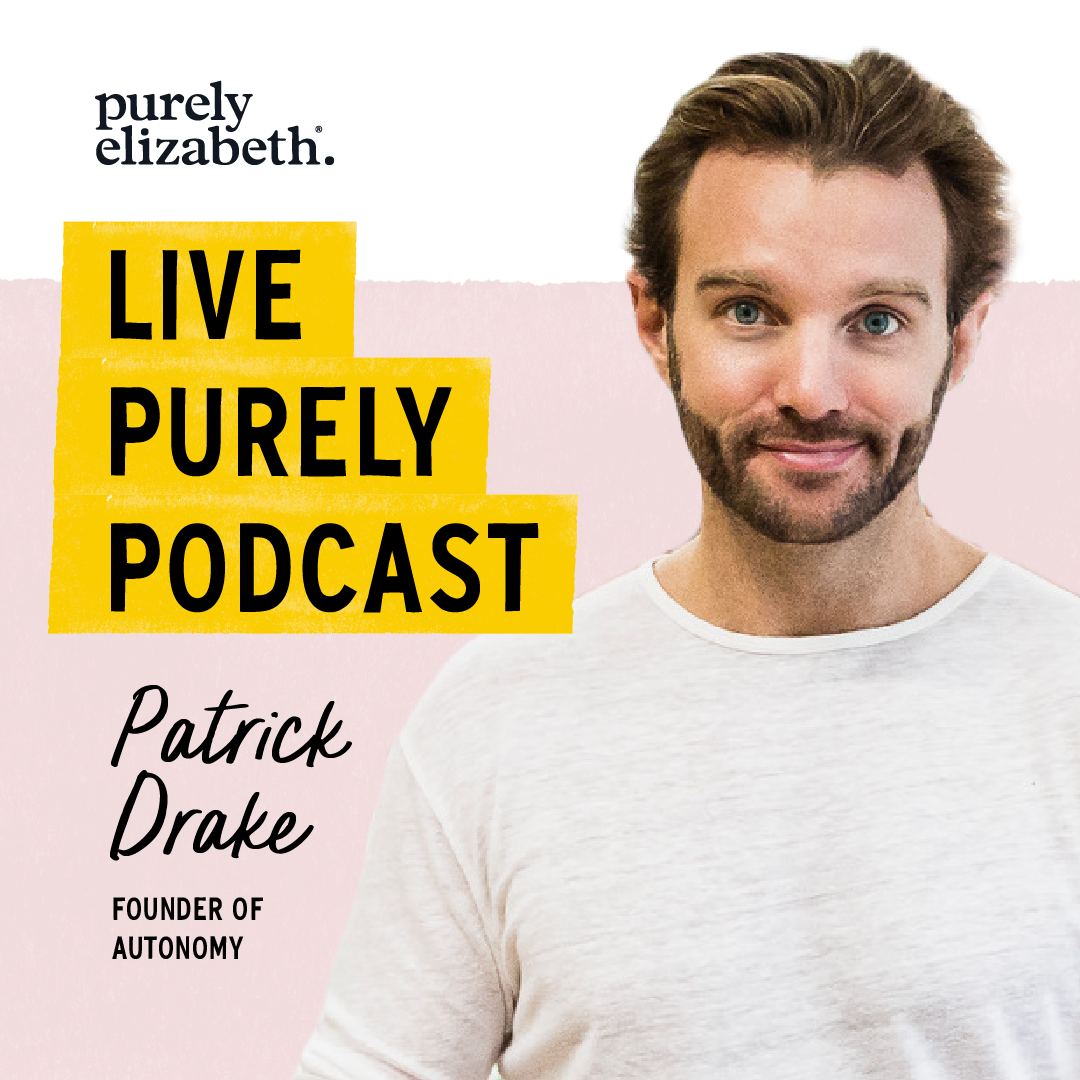
Elizabeth welcomes Patrick Drake, a former attorney who left his legal career to pursue his passion for food full-time. In their chat, Patrick talks about landing a job in renowned chef Heston Blumenthal's kitchen after a chance meeting, co-creating the meal kit delivery service HelloFresh in the UK, and picking up the pieces to create a fresh start after losing almost everything to a fire in California. He now runs the functional coffee company Autonomy Foods, which provides a delicious solution to traditional coffee creamers and matcha. Patrick also gives great tips on overcoming fear through visualization and breaking down big goals into smaller, more actionable steps.
You may also like
Mix & Match




